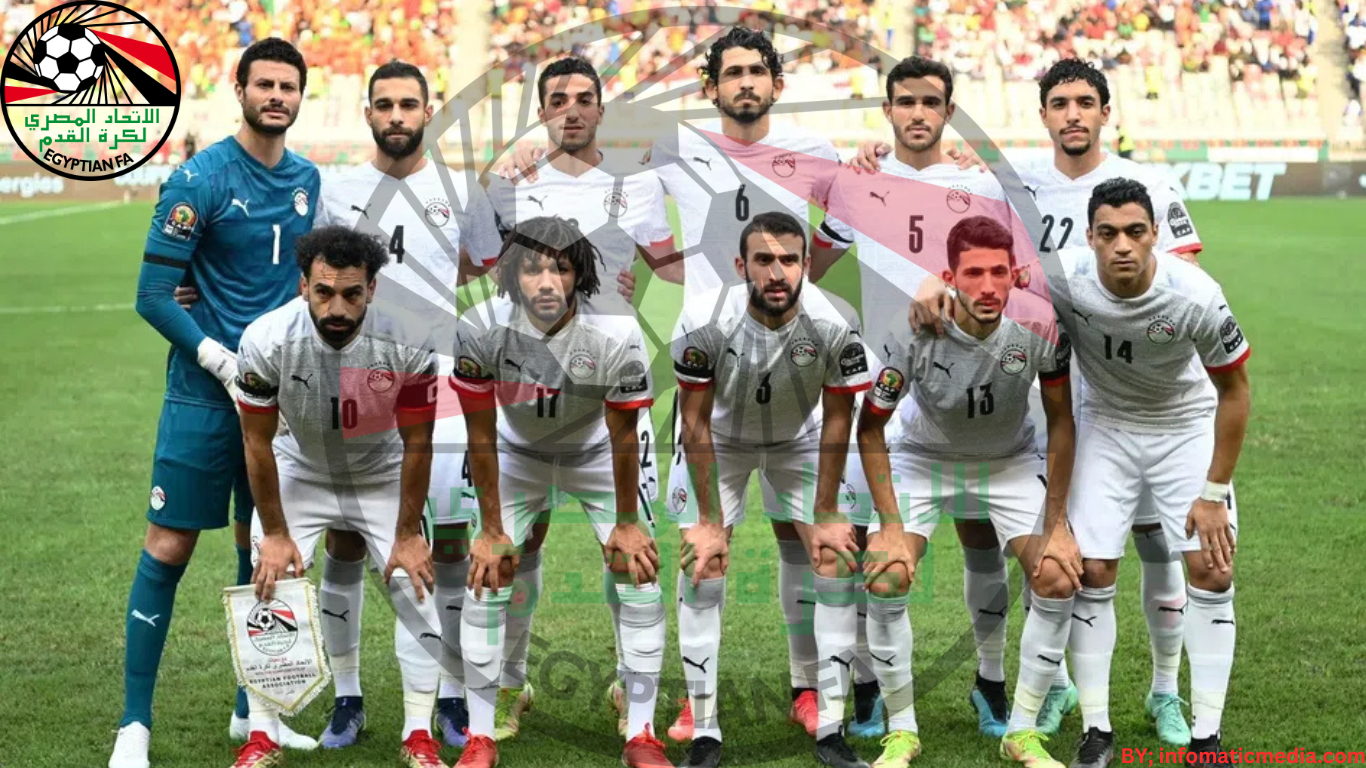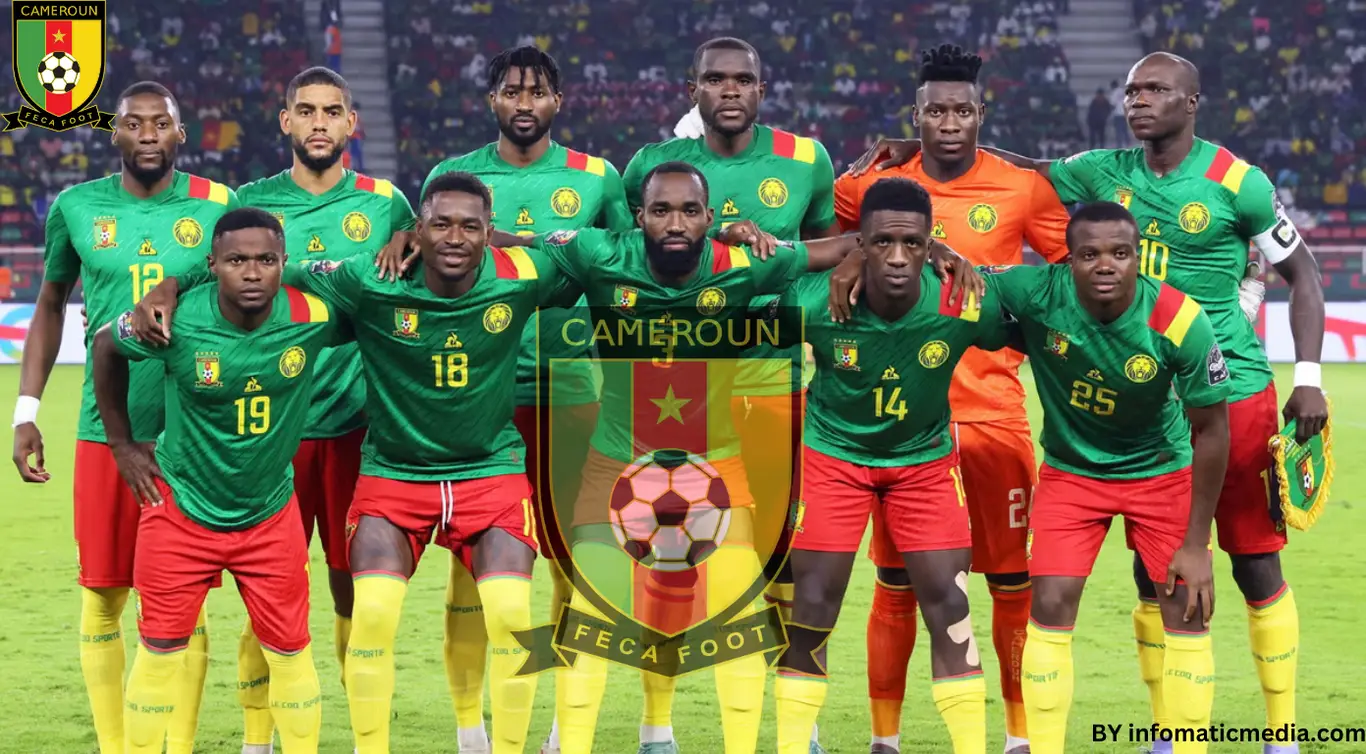Early Origins of Football
The history of football can be traced back thousands of years to ancient civilizations. The earliest known form of the game, called Cuju, was played in China during the Han Dynasty (206 BC – 220 AD). Cuju involved kicking a leather ball into a small net, and it is considered one of the earliest examples of a sport similar to football.
In ancient Greece and Rome, variations of football were played, such as Harpastum, a game where players would pass and kick a ball to cross a goal line. These early games, though not identical to modern football, laid the foundation for the development of the sport.
Medieval and Early Modern Football
In medieval Europe, a version of football known as mob football became popular. This was a chaotic game with few rules, often played between neighboring villages, where large groups of people kicked a ball toward a designated goal. The game was rough, with players often using hands and feet, and the playing fields could stretch over long distances.
By the 19th century, different variations of football were being played at schools and universities across England. However, each school had its own rules, leading to confusion. This prompted the need for standardization, which eventually gave birth to the modern form of the sport.
The Formation of The Football Association (FA)
The modern history of football began in 1863, when representatives from several football clubs in London met to establish a set of standardized rules. This meeting led to the formation of The Football Association (FA), which separated football from rugby by prohibiting the use of hands, thus creating the foundation for the modern game.
The Laws of the Game, established by the FA, formalized key elements of football, such as the prohibition of handling the ball, the introduction of a referee, and the specification of goal dimensions. These laws have evolved over time but remain the basis for how football is played today.
Global Expansion of Football
Following the FA’s founding, football’s appeal quickly expanded throughout England and beyond.By the late 19th century, football clubs were being established across Europe, South America, and Africa.
England and Scotland played their first-ever international football match in 1872, which resulted in a scoreless tie.
This match marked the beginning of international football competition.
In 1904, the Fédération Internationale de Football Association (FIFA) was founded in Paris, with the goal of governing and promoting football on a global scale. FIFA’s establishment allowed for the creation of international competitions, helping football become a global phenomenon.
The First FIFA World Cup
The first major international football tournament was the FIFA World Cup, held in Uruguay in 1930. The World Cup, featuring 13 teams, saw Uruguay crowned as the inaugural champions. Since then, the tournament has grown to become the most prestigious event in the history of football, held every four years and featuring teams from all continents.
Post-War Football and the Golden Age
The mid-20th century is often referred to as the golden age of football. After World War II, football’s popularity skyrocketed across Europe, South America, and beyond. Players like Pele and Diego Maradona became global icons during this period, showcasing extraordinary talent on the world stage.
Brazil, led by Pele, dominated the World Cup, winning titles in 1958, 1962, and 1970. The European Cup (now the UEFA Champions League) was established in 1955, pitting Europe’s top club teams against each other in a prestigious continental tournament.
The Evolution of Modern Football
In the late 20th century, football became highly commercialized. Leagues such as the English Premier League, founded in 1992, transformed club football, attracting major sponsorships, broadcasting deals, and global audiences. Football clubs became large businesses, and players like Cristiano Ronaldo and Lionel Messi became worldwide superstars, making football not only a sport but a global industry.
Football tactics evolved significantly during this period. The introduction of formations like 4-4-2 and 4-3-3, along with innovative coaching techniques, changed how the game was played. Meanwhile, technology, such as goal-line technology and VAR (Video Assistant Referee), was introduced to ensure fair play and reduce refereeing errors.
Top 10 most Famous Players in History of Football
Pelé (Brazil)
- Position: Forward
- Years Active: 1956–1977
- Key Achievements: 3x FIFA World Cup winner (1958, 1962, 1970), scored over 1,000 career goals.
- Why He’s Great: Pelé’s extraordinary scoring ability, vision, and leadership led Brazil to multiple World Cups. He was a global football icon.
2. Diego Maradona (Argentina)
- Position: Attacking Midfielder
- Years Active: 1976–1997
- Key Achievements: 1x FIFA World Cup winner (1986), FIFA Goal of the Century.
- Why He’s Great: Known for his “Hand of God” goal and spectacular performances, especially in the 1986 World Cup, Maradona had a rare blend of vision, dribbling skills, and creativity.
3. Lionel Messi (Argentina)
- Position: Forward/Attacking Midfielder
- Years Active: 2004–present
- Key Achievements: 1x FIFA World Cup winner (2022), 7x Ballon d’Or winner, 4x Champions League winner.
- Why He’s Great: Messi’s incredible dribbling, vision, and goal-scoring ability have earned him records in both individual and team accomplishments.
4. Cristiano Ronaldo (Portugal)
- Position: Forward/Winger
- Years Active: 2002–present
- Key Achievements: 5x Ballon d’Or winner, 5x Champions League winner, European Championship winner (2016).
- Why He’s Great: Ronaldo’s physical prowess, consistency, and goal-scoring records across multiple leagues make him one of the most complete players.
5. Johan Cruyff (Netherlands)
- Position: Forward/Attacking Midfielder
- Years Active: 1964–1984
- Key Achievements: 3x Ballon d’Or winner, led “Total Football” revolution.
- Why He’s Great: Cruyff was a pioneer in football tactics, leading the Dutch “Total Football” style and revolutionizing how the game was played.
6. Zinedine Zidane (France)
- Position: Attacking Midfielder
- Years Active: 1989–2006
- Key Achievements: 1x FIFA World Cup winner (1998), 1x European Championship winner, 3x Champions League winner (as a manager).
- Why He’s Great: Zidane’s elegance on the ball, vision, and leadership led France to their first World Cup in 1998.
7. Alfredo Di Stéfano (Argentina/Spain)
- Position: Forward
- Years Active: 1945–1966
- Key Achievements: 5x European Cup winner with Real Madrid, 2x Ballon d’Or winner.
- Why He’s Great: Di Stéfano was a key figure in Real Madrid’s domination of European football in the 1950s and was known for his versatility and football intelligence.
8. Franz Beckenbauer (Germany)
- Position: Sweeper (Defender)
- Years Active: 1964–1983
- Key Achievements: 2x Ballon d’Or winner, 1x FIFA World Cup winner as a player (1974) and coach (1990).
- Why He’s Great: Beckenbauer revolutionized the sweeper position and led both West Germany and Bayern Munich to major victories with his tactical understanding.
9. Michel Platini (France)
- Position: Attacking Midfielder
- Years Active: 1972–1987
- Key Achievements: 3x Ballon d’Or winner, European Championship winner (1984).
- Why He’s Great: Platini was one of the most skillful midfielders, known for his free-kick ability and creativity.
10. Ronaldo Nazário (Brazil)
- Position: Forward
- Years Active: 1993–2011
- Key Achievements: 2x FIFA World Cup winner (1994, 2002), 2x Ballon d’Or winner.
- Why He’s Great: Ronaldo was a phenomenal goal scorer with incredible pace, skill, and finishing, despite battling multiple injuries during his career.
Women’s Football
The history of football also includes the rapid rise of women’s football, which gained significant recognition in the late 20th century. The first FIFA Women’s World Cup was held in 1991, and the tournament has since grown in both participation and viewership. The success of the United States Women’s National Team (USWNT), along with increased investment in women’s leagues across the world, has driven the sport’s growth.
Top 10 Players in History of Football
1. Marta Vieira da Silva (Brazil)
- Position: Forward
- Years Active: 2000–present
- Notable Achievements:
- 6x FIFA World Player of the Year.
- She scored the most goals in FIFA World Cup history (men’s or women’s) with 17 goals.
- She is known for her incredible skill, speed, and influence in promoting women’s football.
2. Megan Rapinoe (USA)
- Position: Midfielder/Forward
- Years Active: 2005–2023
- Notable Achievements:
- 2x FIFA Women’s World Cup winner (2015, 2019).
- 2019 FIFA Women’s Player of the Year.
- Vocal advocates for gender equality, LGBTQ+ rights, and equal pay in football.
3. Abby Wambach (USA)
- Position: Forward
- Years Active: 2001–2015
- Notable Achievements:
- Scored 184 international goals (most by any woman or man in football history at the time of her retirement).
- 2x Olympic gold medalist (2004, 2012) and FIFA World Cup champion (2015).
- Known for her leadership, goal-scoring ability, and advocating for women’s sports.
4. Birgit Prinz (Germany)
- Position: Forward
- Years Active: 1994–2011
- Notable Achievements:
- 2x FIFA World Cup winner (2003, 2007).
- 3x FIFA World Player of the Year.
- Helped Germany become a dominant force in women’s football.
5. Homare Sawa (Japan)
- Position: Midfielder
- Years Active: 1993–2015
- Notable Achievements:
- Led Japan to its first FIFA Women’s World Cup title in 2011.
- Won the FIFA Women’s World Player of the Year in 2011.
- Iconic for her leadership on the field and inspiring Japan’s rise in women’s football.
6. Michelle Akers (USA)
- Position: Forward/Midfielder
- Years Active: 1985–2000
- Notable Achievements:
- 2x FIFA World Cup champion (1991, 1999).
- One of the pioneers of women’s football, scoring 10 goals in the inaugural 1991 Women’s World Cup.
- Known for her physicality, goal-scoring prowess, and dedication to the sport.
7. Christine Sinclair (Canada)
- Position: Forward
- Years Active: 2000–present
- Notable Achievements:
- Holds the record for the most international goals scored (men’s or women’s) with over 190 goals.
- Led Canada to multiple Olympic and World Cup appearances, including winning a gold medal at the Tokyo 2020 Olympics.
- Revered for her consistency, leadership, and longevity in the game.
8. Hope Solo (USA)
- Position: Goalkeeper
- Years Active: 2000–2016
- Notable Achievements:
- 2x Olympic gold medalist (2008, 2012) and FIFA World Cup champion (2015).
- Known as one of the best female goalkeepers in history.
- Holds numerous records for clean sheets and was pivotal in the USA’s defensive success.
9. Kelly Smith (England)
- Position: Forward
- Years Active: 1995–2015
- Notable Achievements:
- Considered one of the greatest English footballers, male or female.
- Scored 46 goals for England in her career.
- Key player in raising the profile of women’s football in England and internationally.
10. Alex Morgan (USA)
- Position: Forward
- Years Active: 2010–present
- Notable Achievements:
- 2x FIFA Women’s World Cup winner (2015, 2019).
- Olympic gold medalist (2012).
- Known for her speed, goal-scoring ability, and efforts to promote women’s football and gender equality.
Football in the 21st Century
In the 21st century, football’s global influence continues to expand. The FIFA World Cup has grown to include 32 teams, and it will further expand to 48 teams for the 2026 World Cup, demonstrating the sport’s increasing reach.
Major football leagues, such as the Premier League, La Liga, Serie A, and the Bundesliga, attract millions of viewers every week, with clubs like Real Madrid, Barcelona, Manchester United, and Bayern Munich enjoying immense global followings.
Technology continues to play a significant role in modern football, from data analytics used to enhance player performance to digital platforms that engage fans worldwide.
Conclusion
The history of football is a story of cultural integration, technological evolution, and global unity. From its early origins in ancient civilizations to its current status as the world’s most popular sport, football has brought people together from every corner of the globe. As football continues to grow





